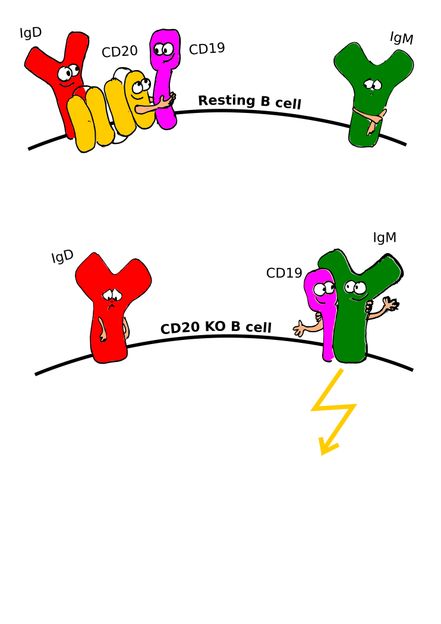Giving neutrinos a mass
Research insight to Nobel laureates Kajita and McDonald
Around the turn of the millennium, Takaaki Kajita presented the discovery that neutrinos from the atmosphere switch between two identities on their way to the Super-Kamiokande detector in Japan.
Meanwhile, the research group in Canada led by Arthur B. McDonald could demonstrate that the neutrinos from the Sun were not disappearing on their way to Earth. Instead they were captured with a different identity when arriving to the Sudbury Neutrino Observatory.
A neutrino puzzle that physicists had wrestled with for decades had been resolved. Compared to theoretical calculations of the number of neutrinos, up to two thirds of the neutrinos were missing in measurements performed on Earth. Now, the two experiments discovered that the neutrinos had changed identities.
The discovery led to the far-reaching conclusion that neutrinos, which for a long time were considered massless, must have some mass, however small.
For particle physics this was a historic discovery. Its Standard Model of the innermost workings of matter had been incredibly successful, having resisted all experimental challenges for more than twenty years. However, as it requires neutrinos to be massless, the new observations had clearly showed that the Standard Model cannot be the complete theory of the fundamental constituents of the universe.
The discovery rewarded with this year’s Nobel Prize in Physics have yielded crucial insights into the all but hidden world of neutrinos. After photons, the particles of light, neutrinos are the most numerous in the entire cosmos. The Earth is constantly bombarded by them.
Many neutrinos are created in reactions between cosmic radiation and the Earth’s atmosphere. Others are produced in nuclear reactions inside the Sun. Thousands of billions of neutrinos are streaming through our bodies each second. Hardly anything can stop them passing; neutrinos are nature’s most elusive elementary particles.
Most read news
Other news from the department science

Get the life science industry in your inbox
By submitting this form you agree that LUMITOS AG will send you the newsletter(s) selected above by email. Your data will not be passed on to third parties. Your data will be stored and processed in accordance with our data protection regulations. LUMITOS may contact you by email for the purpose of advertising or market and opinion surveys. You can revoke your consent at any time without giving reasons to LUMITOS AG, Ernst-Augustin-Str. 2, 12489 Berlin, Germany or by e-mail at revoke@lumitos.com with effect for the future. In addition, each email contains a link to unsubscribe from the corresponding newsletter.






















































